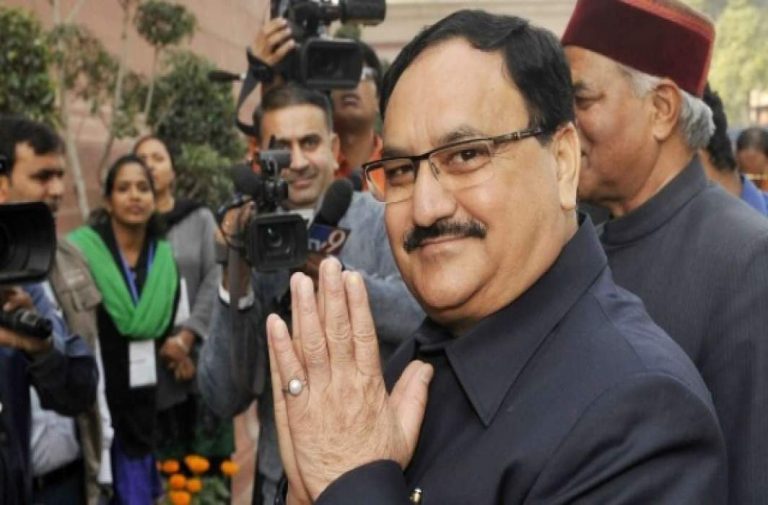
Controversial NMC Bill referred to a Parliamentary standing committee soon after health minister JP Nadda claimed that talks were one with agitating doctors
In a setback for Prime Minister Narendra Modi’s government, the Centre was on Tuesday forced to refer its ambitious, albeit controversial, National Medical Commission (NMC) Bill to a Parliamentary Standing Committee for further discussions in the aftermath of massive protests by doctors against the draft legislation.
The decision by the Centre to refer the Bill that seek to replace the Medical Council of India (MCI) with a new body and push for other major reforms in the medical profession to the Parliamentary panel came hours after Union minister for health JP Nadda had informed the Rajya Sabha that the draft legislation was to be introduced in the Lok Sabha for consideration. The Bill had figured in Tuesday’s list of legislative business of the Lok Sabha.
As Samajwadi Party MP Naresh Agarwal demanded a reply from the Centre in Rajya Sabha on the protests against the Bill and got support from various Opposition members, Nadda said: “The Bill has been listed for consideration in the Lok Sabha today and all the issues arising out of it will be discussed. I had a meeting with members of the Indian Medical Association yesterday and we were able to clear whatever doubts they had in their mind on the Bill. I wish to make it clear that this Bill is beneficial both for the medical profession and the country.”
Nadda, however, failed to explain why the medical practitioners had gone on a nationwide-stir since Tuesday morning if he had successfully cleared their doubts over the Bill as he claimed. The health minister instead told the Rajya Sabha that “as far the strike (by agitated doctors) is concerned, we are in talks with them… we have heard them and have placed our perspective in front of them… discussions on the Bill are on”.
While Nadda had suggested that the government was prepared to go ahead with the process of getting the contentious legislation passed, at least by the Lok Sabha, Union parliamentary affairs minister Ananth Kumar told reporters in the afternoon that the Bill was being referred to a standing committee for further discussions on its contentious clauses. The committee has been asked to give its report before the Budget session.
With the government evidently succumbing to the protests by doctors and members of the Indian Medical Association against the NMC Bill, the agitating medical professionals who had brought services at various hospitals across the country to a grinding halt on Tuesday morning withdrew their stir.
The National Medical Commission (NMC) Bill, which was tabled in Parliament on Friday, seeks to replace the MCI and also proposes allowing practitioners of alternative medicines, such as homoeopathy and ayurveda, practise allopathy after completing a “bridge course”.
“We called off our strike as the Bill has been referred to a Parliamentary standing committee which has members from diverse fields and there should now be a fruitful discussion. We are thankful to all the Lok Sabha members for supporting us,” IMA’s Dr KK Aggarwal, who was spearheading the stir, told reporters.
The IMA has been strongly opposing the NMC Bill saying it will “cripple” the functioning of medical professionals by making them completely answerable to the bureaucracy and non- medical administrators.
“The NMC Bill in the present form is not acceptable. This bill is anti-poor, anti-people, non representative, undemocratic and anti-federal in character,” newly-appointed IMA national president Dr Ravi Wankhedkar has said.
The IMA has also written to Prime Minister Narendra Modi and the Union health minister urging them to redraft the Bill and rectify some of its provisions. It claimed that the provision in the Bill which allows AYUSH graduates to practise modern medicine after completing a bridge course will promote quackery.
Clause 49 of the Bill calls for a joint sitting of the National Medical Commission, the Central Council of Homoeopathy and the Central Council of Indian Medicine at least once a year “to enhance the interface between homoeopathy, Indian Systems of Medicine and modern systems of medicine”. The Bill proposes constitution of four autonomous boards entrusted with conducting undergraduate and postgraduate education, assessment and rating of medical institutions and registration of practitioners under the National Medical Commission.
–With agency inputs

